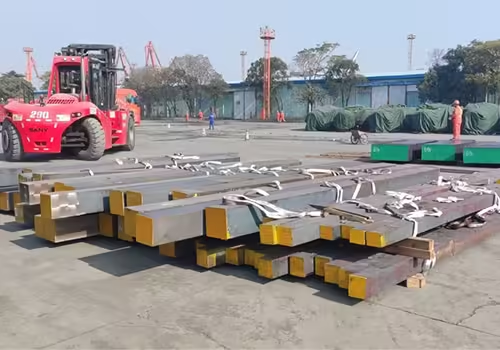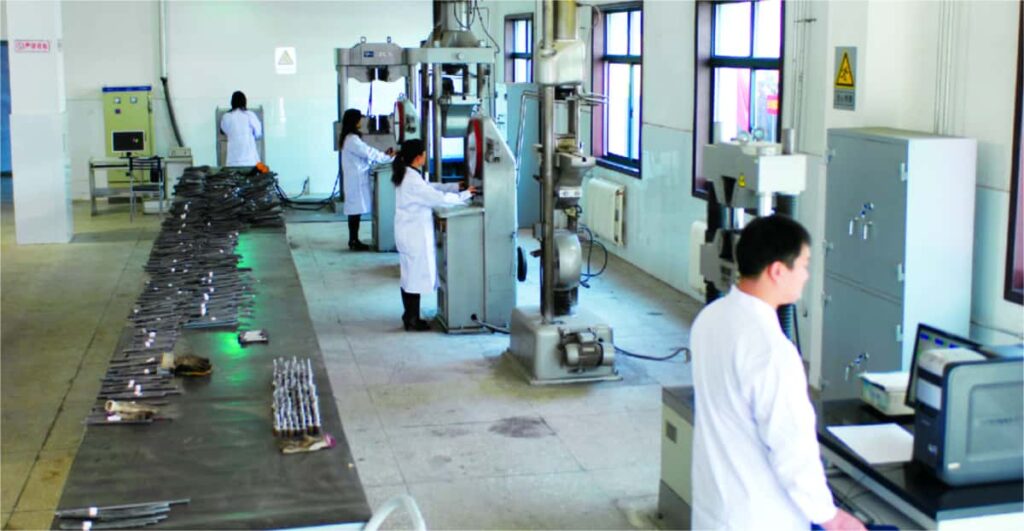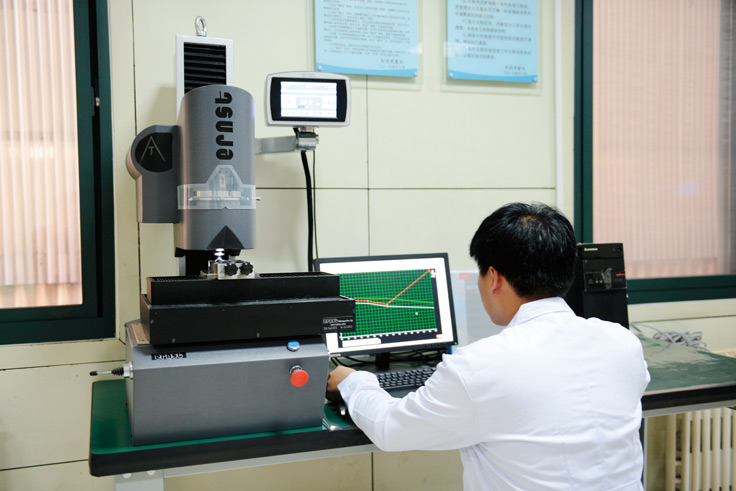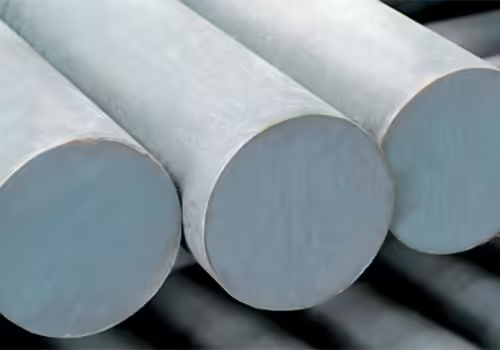
Why 1020 Steel Is a Smart Choice for Builders
Table of Contents
Introduction

When it comes to selecting the right material for construction and manufacturing, 1020 steel stands out as a reliable and cost-effective option. Builders, engineers, and manufacturers frequently turn to this low-carbon steel due to its excellent balance of strength, machinability, and weldability. Whether used in structural components, machinery parts, or automotive applications, 1020 steel provides versatility and durability without excessive costs.
In this comprehensive guide, we will explore the properties, advantages, and applications of it, along with a detailed comparison of its characteristics to other common steel types. If you are considering it for your next project, this article will help you understand why it is a preferred material for builders.
Henan Jiyuan Iron and Steel (Group) Co., Ltd. was founded in 1958. It has rich experience in production and research and development. It provides you with one-stop steel services and welcomes consultations from customers around the world.
Key Properties of It That Make It Ideal for Builders

Chemical Composition and Mechanical Properties
One of the reasons 1020 steel is highly valued in construction and manufacturing is its balanced composition. It consists mainly of iron, with small amounts of carbon and manganese that enhance its strength while maintaining ductility.
- Carbon Content: Approximately 0.18%-0.23%
- Manganese Content: Around 0.30%-0.60%
- Tensile Strength: Typically 420-550 MPa
- Yield Strength: Approximately 350 MPa
- Elongation at Break: Around 15%-25%
These properties make 1020 steel suitable for applications that require both moderate strength and excellent machinability. It is often used for machine parts, structural frameworks, and automotive components where precision and ease of fabrication are crucial.
Strength and Durability
Although it is not as hard as higher-carbon steels, it offers a good balance of toughness and flexibility. It can withstand moderate loads and stress without excessive deformation, making it a reliable choice for many structural and industrial applications.
Why It Is a Cost-Effective Choice for Builders
Affordability Compared to Other Steel Grades
One of the key reasons 1020 steel is favored by builders is its affordability. Compared to higher-carbon steels or alloy steels, 1020 steel offers an excellent balance of cost and performance. Because it is widely available and easy to work with, manufacturers can reduce production costs without compromising on quality.
Easy Machinability and Weldability
For builders who require steel that can be easily cut, welded, and shaped, 1020 steel is an excellent option. Its low carbon content allows for smooth machining and forming without excessive wear on tools. Additionally, it welds efficiently with standard techniques, reducing the time and effort needed for assembly.
Applications of it in Construction and Manufacturing

Builders and engineers use 1020 steel in various applications due to its versatility. Some of the most common uses include:
- Structural Components: Used in buildings, bridges, and industrial frameworks.
- Automotive Industry: Commonly used in gears, axles, and shafts due to its strength and machinability.
- Machinery and Equipment: Ideal for machine parts, agricultural tools, and mechanical components.
- Pipelines and Tubing: Used for manufacturing steel pipes and tubing due to its ductility.
Comparative Analysis of it vs. Other Steel Types
To better understand how 1020 steel stands out, here is a comparison with other common steel types:
| Property | 1020 Steel | 1045 Steel | 4140 Steel | Stainless Steel 304 |
|---|---|---|---|---|
| Carbon Content | 0.18%-0.23% | 0.43%-0.50% | 0.38%-0.43% | ≤0.08% |
| Strength (MPa) | 420-550 | 570-700 | 850-1000 | 515-750 |
| Hardness (HB) | 119-180 | 163-229 | 197-237 | 201-220 |
| Machinability | High | Moderate | Low | Low |
| Weldability | Excellent | Moderate | Challenging | Excellent |
| Cost | Low | Moderate | High | High |
From this table, it is clear that 1020 steel provides a good balance of affordability, machinability, and weldability, making it an excellent choice for builders who prioritize efficiency and cost-effectiveness.
Factors to Consider When Choosing It
Surface Treatment Options
While 1020 steel has good durability, it is often treated to enhance its properties further. Common treatments include:
- Galvanization: Adds a protective zinc coating to resist corrosion.
- Heat Treatment: Improves strength and wear resistance.
- Powder Coating or Painting: Provides aesthetic appeal and additional protection.
Load-Bearing Capacity
Although 1020 steel offers moderate strength, it may not be suitable for extremely high-load applications. In such cases, builders may choose reinforced steel or alloy steels with higher carbon content.
Environmental Considerations
Builders seeking sustainable materials will appreciate that it is recyclable. Using it in construction projects helps reduce material waste and promotes environmentally friendly practices.
Conclusion

For builders looking for a cost-effective, versatile, and easy-to-machine material, it is an excellent choice. Its balanced properties make it suitable for a wide range of applications, from structural components to machinery parts. Compared to other steel types, it provides a practical solution for projects that require strength, affordability, and workability.
Whether you are constructing buildings, designing machinery, or manufacturing automotive parts, it offers the performance and reliability needed to get the job done efficiently. By understanding its key properties and advantages, builders can make informed decisions and optimize their material selection for long-term success.
FAQ
What makes it different from other low-carbon steels?
1020 steel has a slightly higher carbon content than steels like 1018, making it stronger while maintaining excellent machinability and weldability.
Can 1020 steel be heat-treated for increased hardness?
Yes, 1020 steel can undergo heat treatments like carburizing and case hardening to improve surface wear resistance while maintaining a ductile core.
Is 1020 steel resistant to corrosion?
By itself, 1020 steel is not highly corrosion-resistant, but it can be coated, galvanized, or painted to improve its durability in harsh environments.
What industries use 1020 steel the most?
1020 steel is commonly used in construction, automotive manufacturing, machinery, and pipeline applications due to its balance of strength and workability.
Is 1020 steel a good choice for welding applications?
Yes, 1020 steel is highly weldable, making it an excellent material for projects requiring reliable joints and smooth fabrication.






